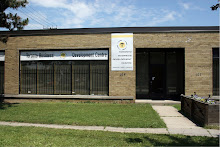"It's unwise to pay too much but it's unwise to pay too little. When you pay too much you lose a little money, that is all. When you pay too little, you sometimes lose everything, because the thing you bought was incapable of doing the thing you bought it to do. The common law of business balance prohibits paying a little and getting a lot. It can't be done. If you deal with the lowest bidder, it's well to add something for the risk you run. And if you do that, you will have enough to pay for something better!" John Ruskin (1819-1900)
Price is simple - dollars and cents
Quality can be interpreted in several ways, encompassing many things. In every case, a sale most likely to be made when the price is equal to or less than the perceived quality of the product. No one wants to overpay.
From a sales point of view one of the most common objections we face is typically to do with price. Sometimes it is legitimate, but in most cases the prospect is testing us. How hungry are we for the order and are we willing to sacrifice profit margin at the expense of the value of the product/service we are representing.
On the other side of the coin, at what point is the risk John Ruskin talks about too high before the potential customer decides not to buy?
- The value of the product/service is immediately lowered to that point
- Decreased profit margins
- Ultimate quality may be at risk
- Potential of customer dissatisfaction
- Continuing profit erosion as a result of lowered value
Good selling,
Richard











